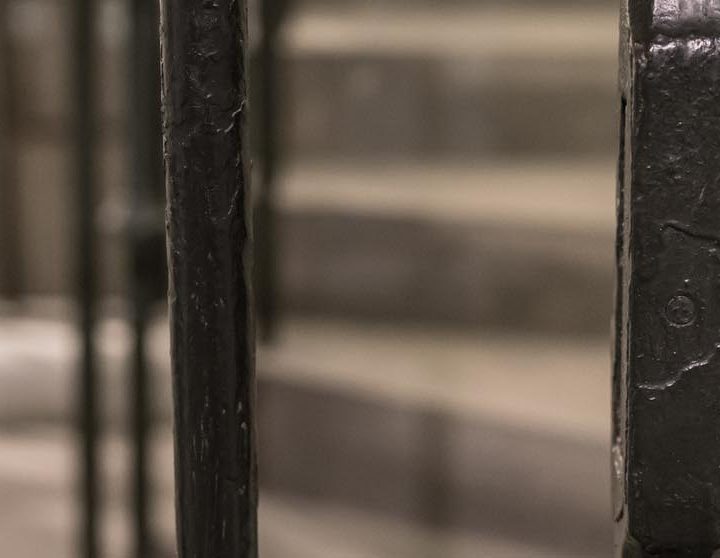Prisoners with mental health emergencies face “inequity” in the way they are treated, according to Senior Coroner Rachael Griffin.
In a Prevention of Future Deaths Report, Griffin highlighted the case of Frazer Williams, an inmate at HMP Guys Marsh, who died after waiting more than three weeks for a hospital transfer in a prison without a healthcare unit.
Griffin noted that transfers to hospital within the legal timeframe of 28 days are unusual, concluding that there “is inequity in the system in that if a person is deemed detainable under the Mental Health Act 1983 in the community, they will be admitted to hospital straight away.”
In her report to the Prison Service and other authorities, Griffin also pointed out failures in the handover process from Mr. Williams’ previous prison, HMP Winchester. She highlighted that the Hampshire prison had 24-hour healthcare, while HMP Guys Marsh did not, and criticised the “lack of a national directory” of available facilities.
A similar case involves the death of Kelvin Speakman, whom our team represented the family of at the inquest. Speakman, who had a troubled childhood and a long history of mental ill-health, was given an IPP sentence in 2007 with a recommendation to serve a minimum of two years. Like thousands of other prisoners, he remained in prison nine years later. Despite repeated episodes of self-harm and numerous suicide attempts, he was never transferred to a secure mental health unit and, in April 2016, was found in his cell having hanged himself.
The inquest into Speakman’s death revealed multiple failings in the ACCT process for prisoners at risk of self-harm or suicide. This led Senior Coroner for Worcestershire, Geraint Williams, to issue a Prevention of Future Deaths Report to HM Prison Service and HMP Hewell.
These cases illustrate broader systemic failures in addressing mental health emergencies within the prison system. The lack of timely transfers to appropriate medical facilities, inadequate handover processes, and insufficient mental health care provisions contribute to preventable deaths. The reports by Senior Coroners Rachael Griffin and Geraint Williams highlight the urgent need for comprehensive reforms, including:
-
Timely Hospital Transfers: Ensuring that prisoners are transferred to hospitals within the legal timeframe of 28 days.
-
Healthcare Facilities: Providing adequate healthcare units within all prisons to manage mental health emergencies effectively.
-
National Directory of Facilities: Developing a national directory to inform placement decisions and ensure prisoners receive appropriate care.
-
Improved Handover Processes: Streamlining the transfer and handover processes between prisons to maintain continuity of care.
Addressing these issues is critical to ensuring that prisoners with both physical and mental health emergencies receive the care and treatment they need, preventing further tragedies occurring.
If you would like to contact a member of our specialist inquest team who have experience of representing families who have lost loved ones while in prison, please call 0845 287 0939 or get in touch by email.







